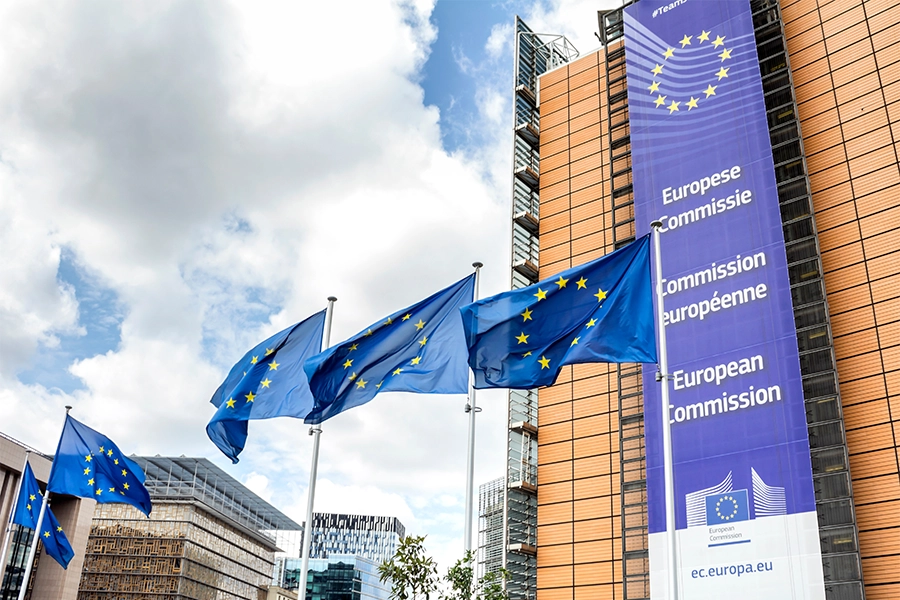EU Commission: Proposed EUDR delays should not include larger companies
Today’s proposal also suggests downstream operators will no longer need due diligence statements
Key takeaways
- The EU Commission proposes that larger companies must still comply with the EUDR by December 30, 2025, though penalties may be delayed by six months.
- Downstream operators and traders would be exempt from due diligence statements, a move critics warn could weaken enforcement.
- Small operators from low-risk countries would face simplified, one-off reporting and a later 2026 start date, pending approval by EU lawmakers.
The European Commission has today proposed that the December 30, 2025, implementation date of its Deforestation Regulation (EUDR) should remain in place for large- and medium-sized companies. However, these businesses could benefit from a proposed six-month delay in penalty enforcement.
The commission has also recommended that downstream operators and traders should no longer be required to submit due diligence statements to support the EUDR IT system.
Last month, the commission came under fire for proposing that it would once again delay the enforcement of EUDR, citing “serious IT capacity concerns” that could prevent the compliance system operating at scale.
Downstream businesses are defined as “operators and traders that commercialize the relevant EUDR products once they have been placed on the EU market,” and could include retailers or large EU manufacturing companies.
For example, cocoa bean importers would need to submit only one due diligence statement, but downstream chocolate product manufacturers would not be required to submit a new due diligence statement in the IT system.
Upstream operators will still be required to exercise due diligence statements supported by geolocation data.
Meanwhile, micro and small primary operators from “low-risk countries” would only be required to submit a one-off declaration in the EUDR IT system.

For these businesses, the commission proposes that the EUDR enter into force on December 30, 2026.
EUDR review and enforcement concerns
The European Parliament and Council are expected to evaluate the commission’s proposal before the end of this year. They would need to formally adopt the proposal before the regulation can come into effect.
The commission says it is also working on contingency plans, so that economic operators can comply with their obligations, should this legal proposal not be adopted in time by the co-legislators, in which case the EUDR will enter into application on December 30, 2025, for all companies. The commission proposes keeping the December 2025 EUDR start date for larger firms but delaying penalties by six months and exempting downstream operators from due diligence.
The commission proposes keeping the December 2025 EUDR start date for larger firms but delaying penalties by six months and exempting downstream operators from due diligence.
Isabel Fernandez, senior consultant at Mighty Earth, comments: “We’re glad the commission has finally gotten off hold with its tech support team, grappled with its IT issues, and, for the most part, this world-beating legislation will be enforced on time from December 30.”
“However, exempting due diligence for downstream operators and traders creates a major blind spot in the EUDR framework, making it very difficult and resource-intensive for member state agencies to track down non-compliant products already circulating on the EU market – especially when they are traded across member state borders.”
“Now it’s up to the European Parliament, Council, and Commission to ensure that the proposed six-month delay in penalties for all operators is clearly communicated and implemented transparently. This six-month window is not an excuse for inaction, but a crucial period for competent authorities to carry out checks, address infringements, and ensure full compliance.”
The EUDR, which was initially intended to come into force in December 2024, is designed to ensure that products have not come from land deforested after 2020. The regulation impacts various F&B supply chains, including soybeans, coffee, palm oil, and beef.
















